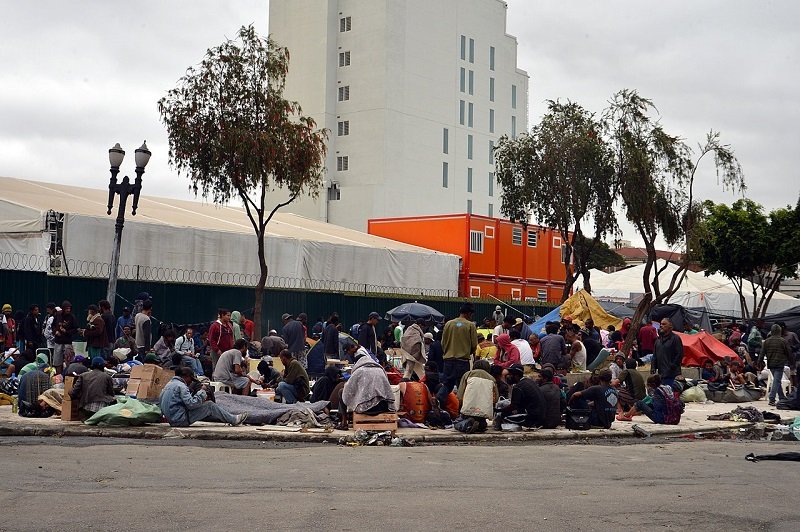A little over two years ago, the streets around Praça Júlio Prestes, in downtown São Paulo, occupied for over three decades by groups of drug users, were empty in the morning, and, overnight, Praça Princesa Isabel became the new address for Cracolândia in the capital. Since then, at least eight streets in the region have been taken over, at different times, by drug addicts and drug dealers. What they have in common is that the chosen locations are close to clandestine hotels run by people linked to the criminal gang First Capital Command (PCC), which controls drug trafficking in the city center.
This Content Is Only For Subscribers
To unlock this content, subscribe to INTERLIRA Reports.
Cross-Referencing Information
The information was cross-referenced by the Civil Police’s Department of Drug Trafficking Prevention and Repression (Denarc) to support an investigation that identified at least ten people involved in the scheme of taking turns running the hotels for organized crime. According to the officer responsible for the investigation, Cracolândia would not exist without these lodging establishments.
Princesa Isabel Square
Praça Princesa Isabel, for example, is about 160 meters away from two hostels acquired by the group a month before Cracolândia moved to the square. These properties serve as a drug hideout, a meeting point for drug traffickers, and meeting places for the so-called crime court, a kind of parallel justice system maintained by organized crime.
PCC Leader in the Region
The investigation identified Marcelo Carames, known as Mau, a member of the PCC, as the leader of the hotel scheme in Cracolândia. The same defendants are also said to be responsible for the acquisition of two other hostels on Avenida São João, near the intersection with Rua Helvétia and Rua Frederico Steidel. It was there that the drug addicts migrated after a police operation that emptied Praça Princesa Isabel, two months after it was taken over by drug traffickers.
Rua dos Gusmões
After spreading throughout the city center, Cracolândia returned to a single location, on Rua dos Gusmões, between Avenida Rio Branco and Rua dos Protestantes. Once again, the investigation revealed that this was a strategic choice. Three hotels and a scrapyard linked to the PCC were identified in nearby blocks. One of them was acquired 26 days before Cracolândia moved to Rua dos Gusmões, in June 2022.
Make Things Easier
The proximity of Cracolândia to the hotels is strategic because it allows large quantities of drugs stored in these locations to be distributed in small portions by so-called vapors, usually drug addicts who transport and trade the drug in exchange for crack rocks. The vapors, in turn, obtain the portions in strategic hiding places near the hotels, such as sewage galleries, holes in walls, and trash cans. Furthermore, the way hotels operate, where guests do not identify themselves or present documents, facilitates illegal activity.
Mega-Operation
Part of the information was cited in a complaint filed by the Special Task Force for the Repression of Organized Crime in São Paulo (Gaeco), part of the Public Prosecutor’s Office, which was the basis for a mega-police operation launched in the city center earlier this month. At the time, 44 properties were ordered closed, most of them guesthouses and clandestine hotels on streets occupied by Cracolândia.
Analysis:
The situation in downtown São Paulo, particularly around Cracolândia, illustrates the deep entrenchment of organized crime in the city’s drug trafficking ecosystem. The strategic relocation of Cracolândia to different parts of the city, closely linked to the operation of clandestine hotels controlled by the First Capital Command (PCC), underscores the complexity of combating this issue. The involvement of these lodging establishments, which serve as hubs for drug storage, distribution, and the operations of the “crime court,” reveals a sophisticated criminal infrastructure that supports and perpetuates the drug trade.
This situation reflects a broader challenge in urban public security: the ability of organized crime to adapt and embed itself within the fabric of city life, exploiting gaps in regulation and enforcement. The ongoing struggle to address Cracolândia is not just about displacing drug users and traffickers but requires a comprehensive approach that tackles the economic, social, and criminal networks supporting this open-air drug market.




